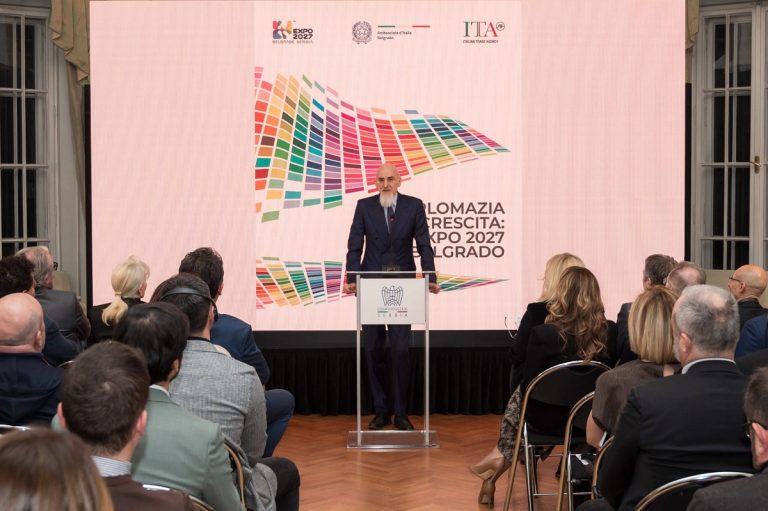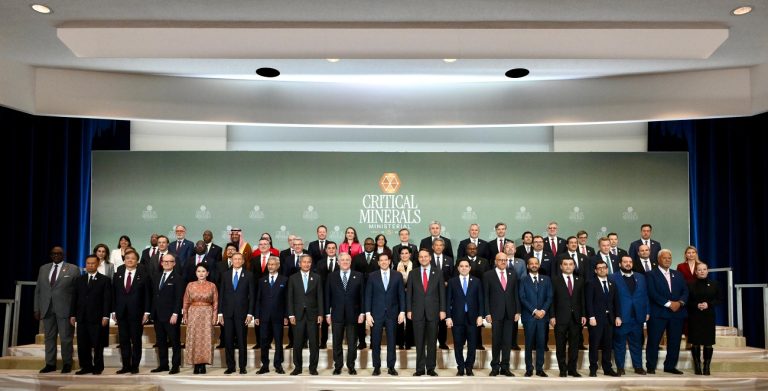MALAYSIA: GOVERNMENT FOCUSES ON RENEWABLE ENERGY SECTOR DEVELOPMENT
Header, social and menu of site
Implementing a more sustainable energy policy, that relies more on renewable sources, is one of the priorities of the new Malaysian Government’s development plans. Malaysia’s current energy mix is made up by 90% gas, coal and fuel oil, while renewable sources only account for 10%, mostly coming from hydroelectric power plants that exploit the many rivers flowing through the Country. Overall, other renewable sources like solar, biomass and biogas only account for 2%.
At the recent International Greentech & Eco Products Exhibition & Conference, the new Minister for Energy, Science and Technology, the Environment and Climate Change, YB Yeo Bee Yin, explained that the drop in solar panel costs since 2009 (-80%) has made investments in this technology economically advantageous in Malaysia. For this reason, she announced the Government’s intention to launch bidding tenders for Phase Three of the national ‘large-scale solar round 3’ photovoltaic development programme by the end of this year or by January 2019 at the latest.
New developments are also in the pipeline for the Feed-in Tariff (FiT) programme, introduced by the Renewable Energy Act of 2011. The FiT applies favourable tariffs to small independent electricity producers who use renewable sources. Minister Yeo announced an update to the FiT programme, in particular regarding photovoltaic projects. Starting from 1 January, 2019, higher profits will be guaranteed to small producers who sell their surplus solar energy production to the national grid operator, Tenaga Nasional Berhad.
Another sector that seems to be particularly promising is biomass, which currently provides a negligible fraction of Malaysia’s energy. As a matter of fact, Malaysia is the second-largest palm oil producer in the world, after Indonesia. Exploiting the enormous amount of waste generated by this production would meet the twofold goal of sustainable organic waste disposal and energy generation, thus effectively fulfilling the principles of a circular economy. In the short term, the Government is planning to build biomass plants for a total of 140 MW, compared to a declared 1,100 MW installed capacity.
The proposed 2019 budget that is currently being discussed in Parliament allocates 2 billion Ringgit (more than 425 million Euros) to the Green Technology Financing Scheme, the programme dedicated to developing energy-efficiency, renewable energy sources and waste-management projects.






